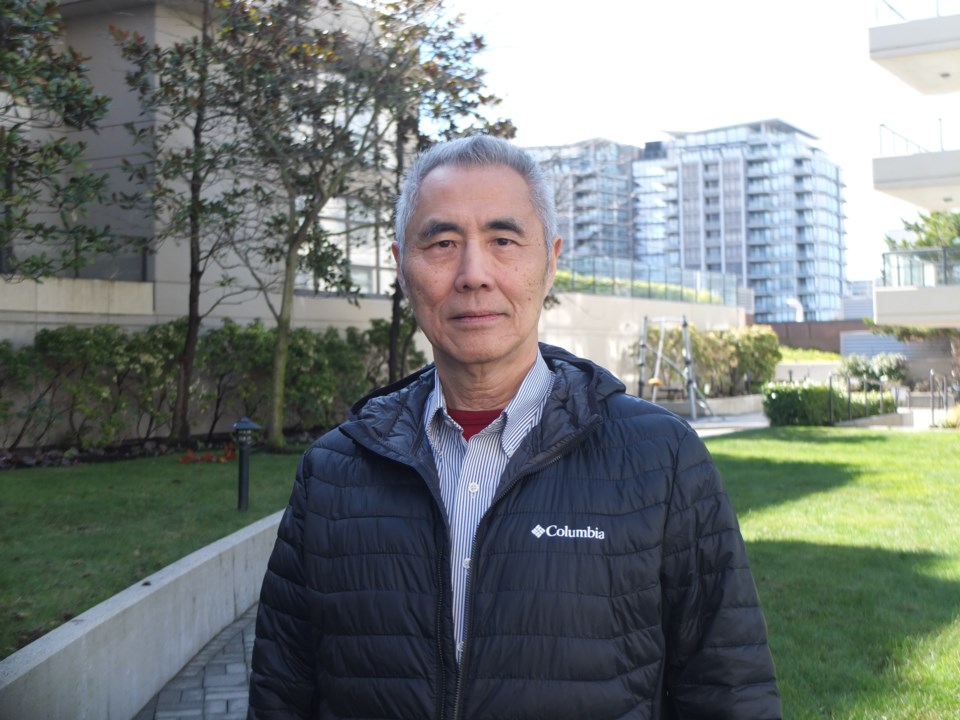Some Richmond community members say the focus on possible Chinese interference on Canadian elections is making local Chinese immigrants step back from political participation.
James Hsieh, a long-time Richmond resident and media commentator, warns the current accusations are hurting Chinese Canadians’ passion for political involvement.
“Foreign interference needs to be taken seriously and be stopped in any way without question,” said Hsieh, who was born in China, grew up in Taiwan and immigrated to Canada 50 years ago.
“However, I believe there is confusion between foreign government intervention and new immigrant political participation in Canada.”
Hsieh has dedicated a lot of his time in the past decades to encouraging immigrants to participate in local politics by voting, supporting politicians or seeking election.
He told the Richmond News he is frustrated to see many people in the Chinese Canadian community now discouraged and stepping back from political participation.
“They are now confused with the media coverage (saying) ‘people are accusing us and saying this is intervention when we participate in political events,’” said Hsieh.
“And if anyone has spoken to someone from the Chinese embassy or has a picture with them, there is the risk of being seen as a spy. It’s gone too far.”
Jimmy Yan, a legal educator and commentator for Richmond-based Fairchild Radio warns that people need to be careful to not “racialize” the foreign interference issue.
Yan noted that the politicians who have been highlighted in recent media coverage all have a Chinese ethnicity, including Vancouver Mayor Ken Sim.
“Many people have confused Chinese and China and think anything Chinese-related is suspicious, which is a wrong assumption. Many non-Chinese people also have ties with China, such as owning businesses in China,” said Yan.
Yan said it is also unfair to identify anything China-related as a close connection with the Chinese Communist Party (CCP), which in his opinion is “the new xenophobia” and has put the Chinese Canadian community to the test.
Hsieh said when politicians are having conversations about foreign interference, they need to keep in mind Canada is a country of immigrants and their citizens come from very diverse backgrounds.
“Some are against China and some might be in favour of a better China-Canada relationship, so they create opportunities for more dialogue or partnerships to happen — they should be allowed to have different stances but that doesn’t mean they are spies or work for the CCP,” said Hsieh.
“But now, I feel that if you show friendliness to China, you will be questioned as showing a lack of loyalty to Canada. It is very scary, confusing and discouraging.”
Yan hopes the foreign influence transparency registry the federal government is looking into will not be limited to specific countries to avoid certain communities such as the Chinese community feeling like they are targeted.




